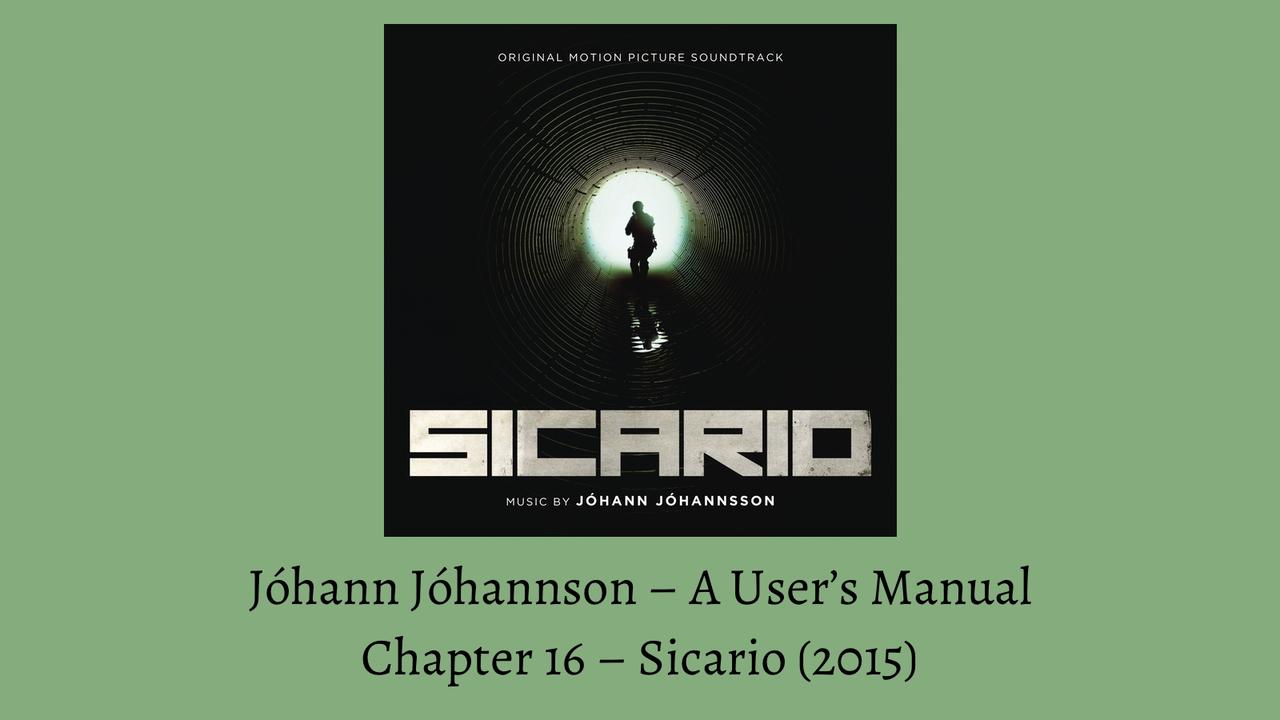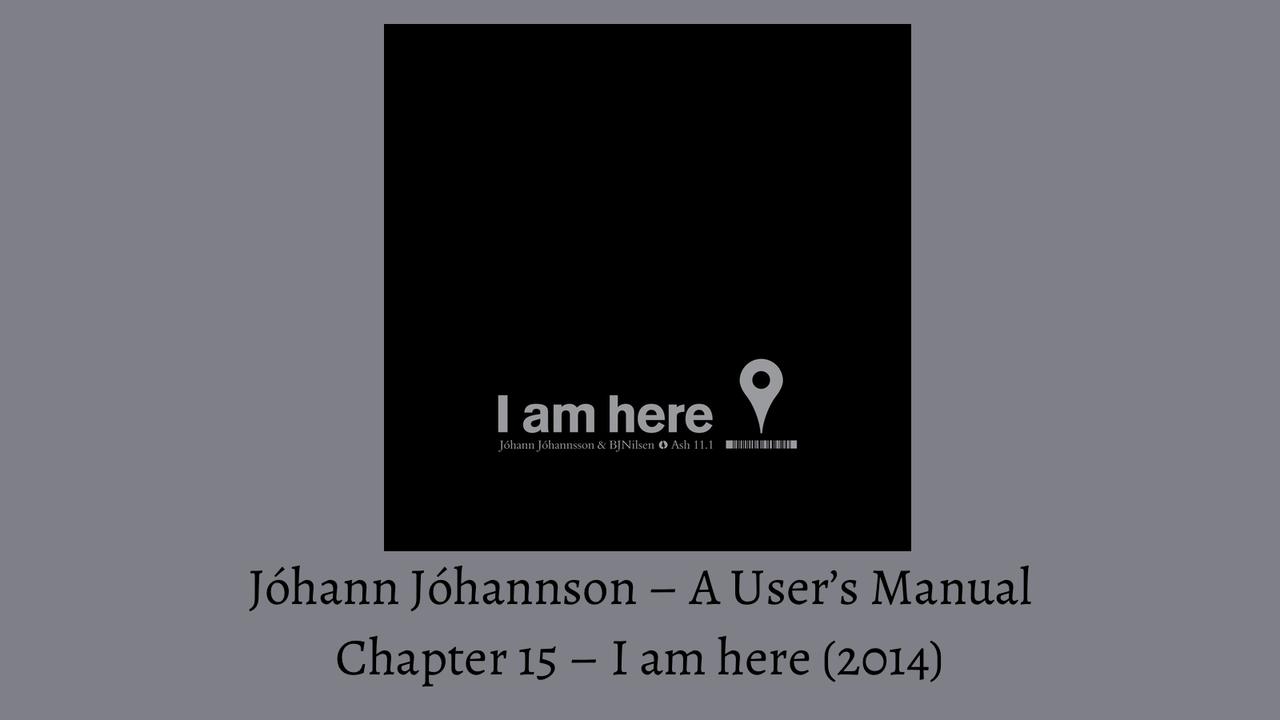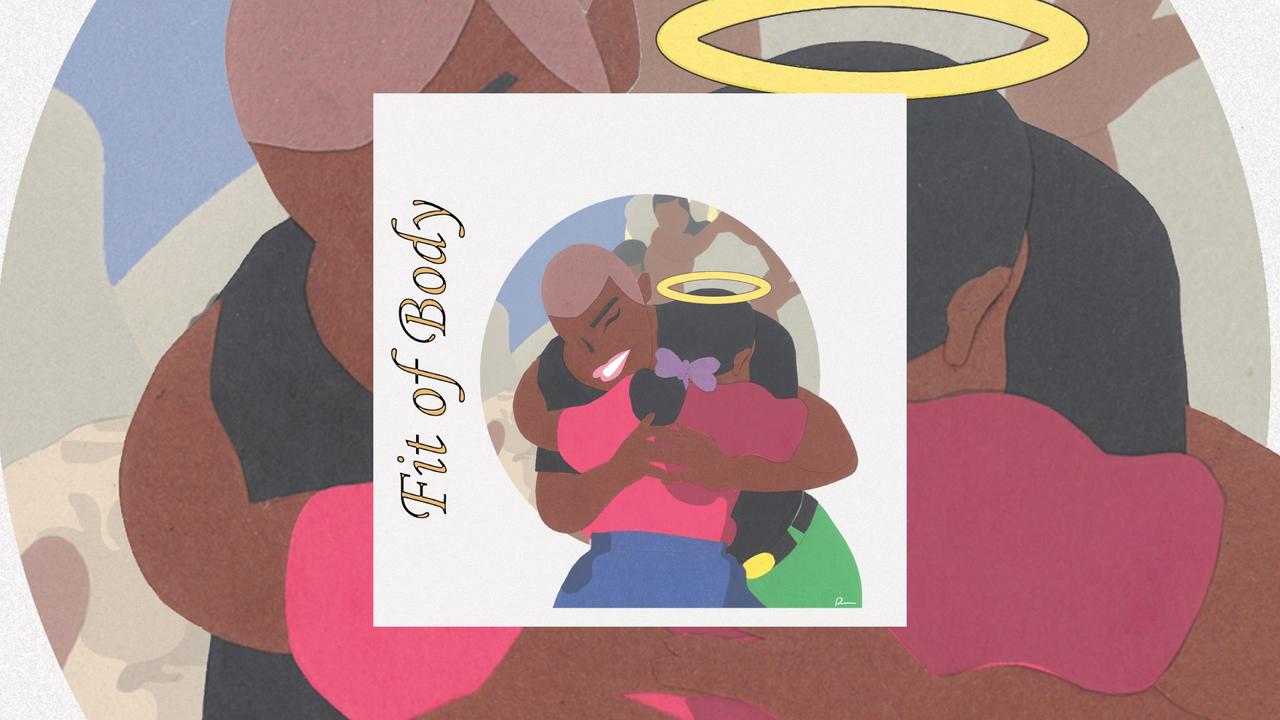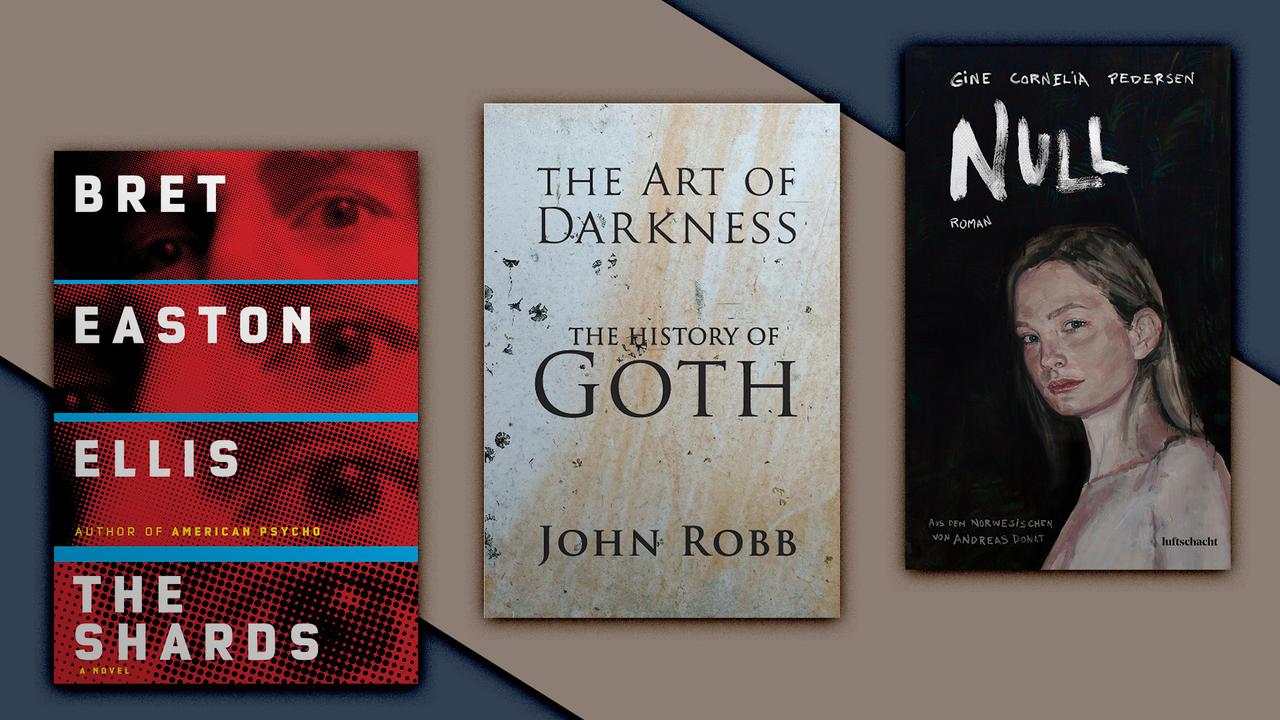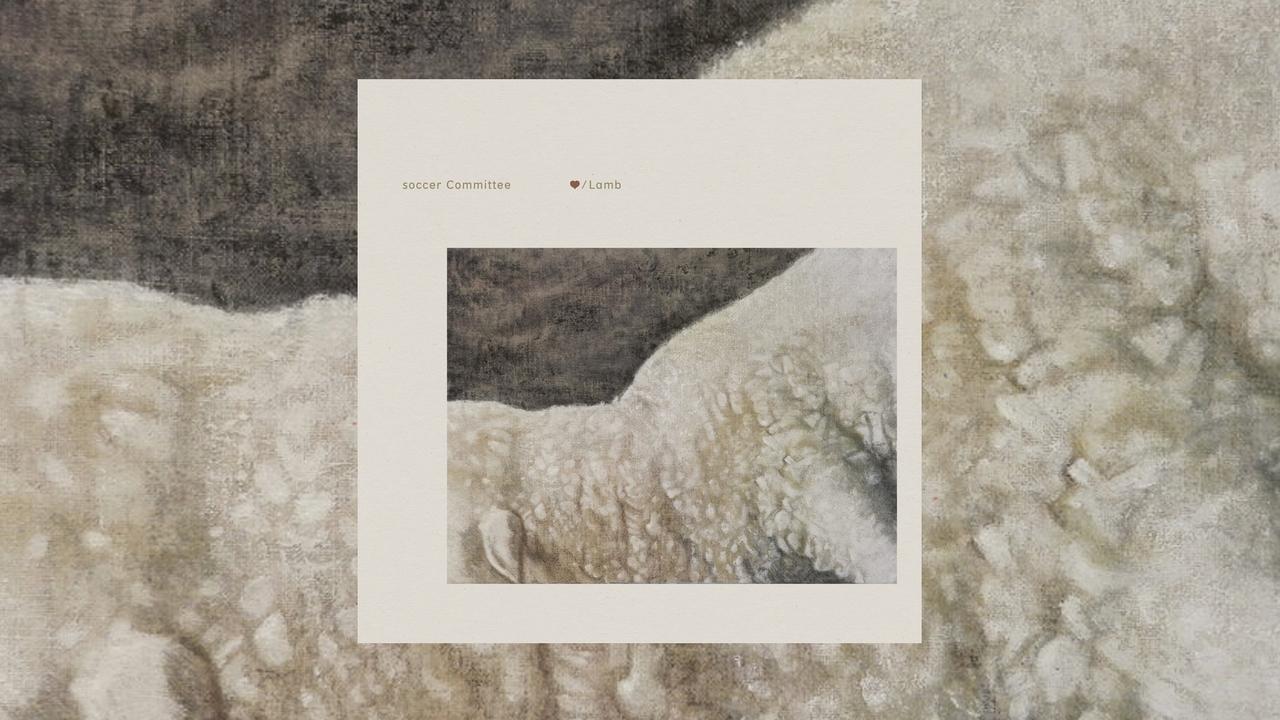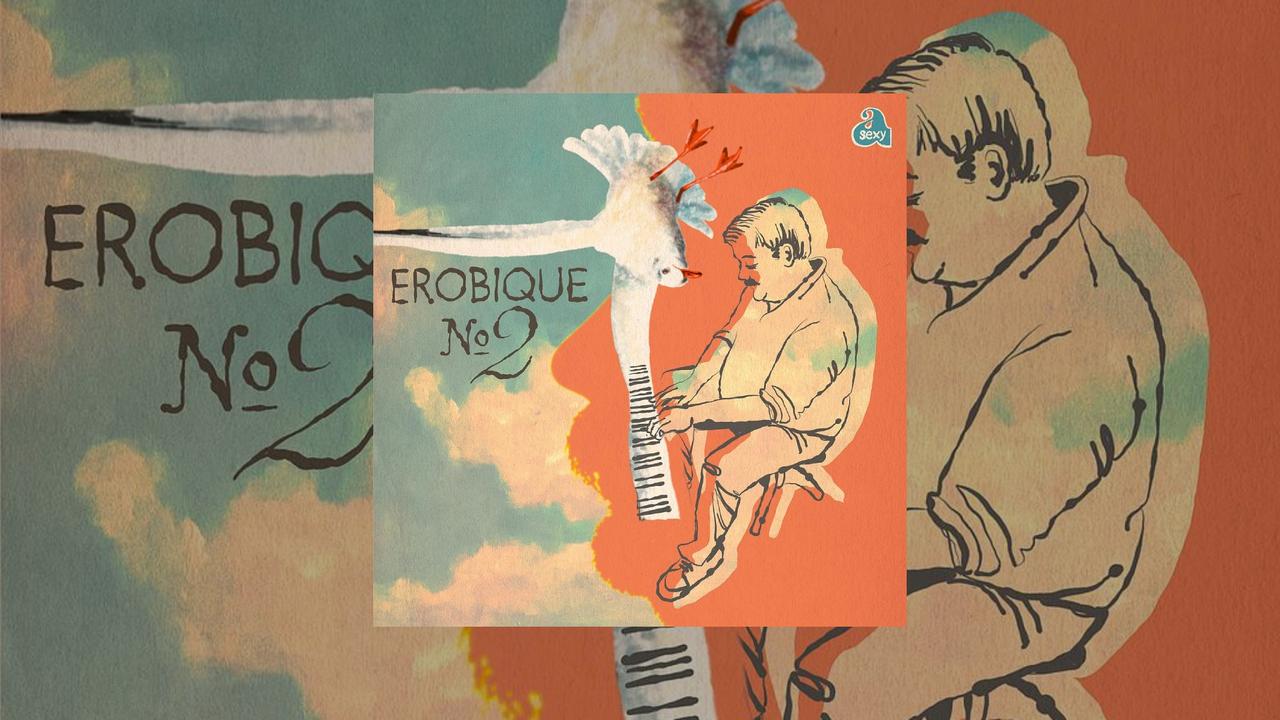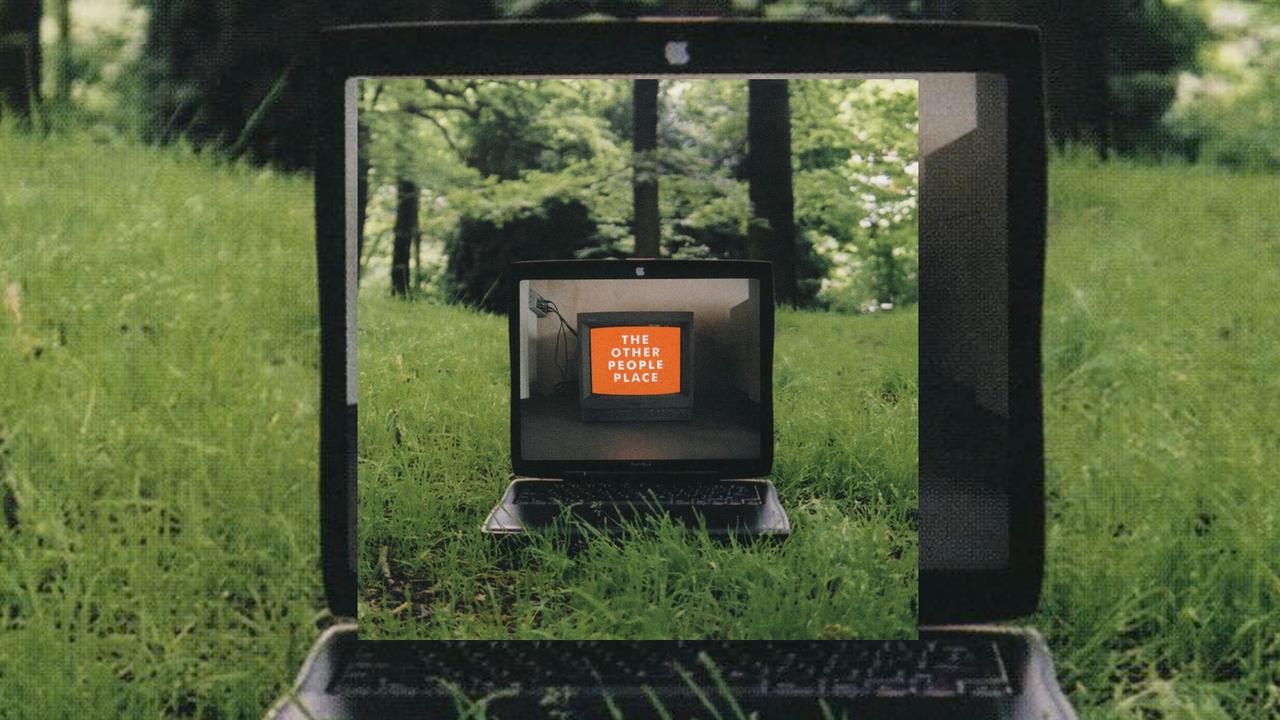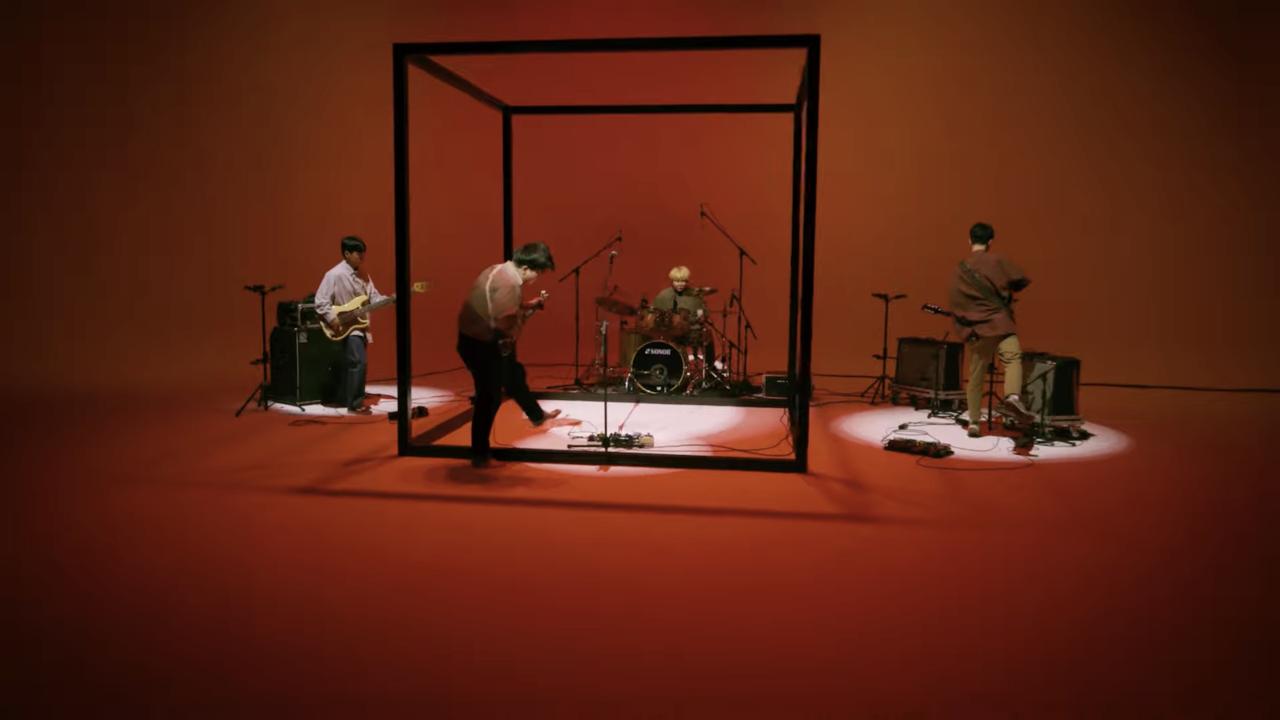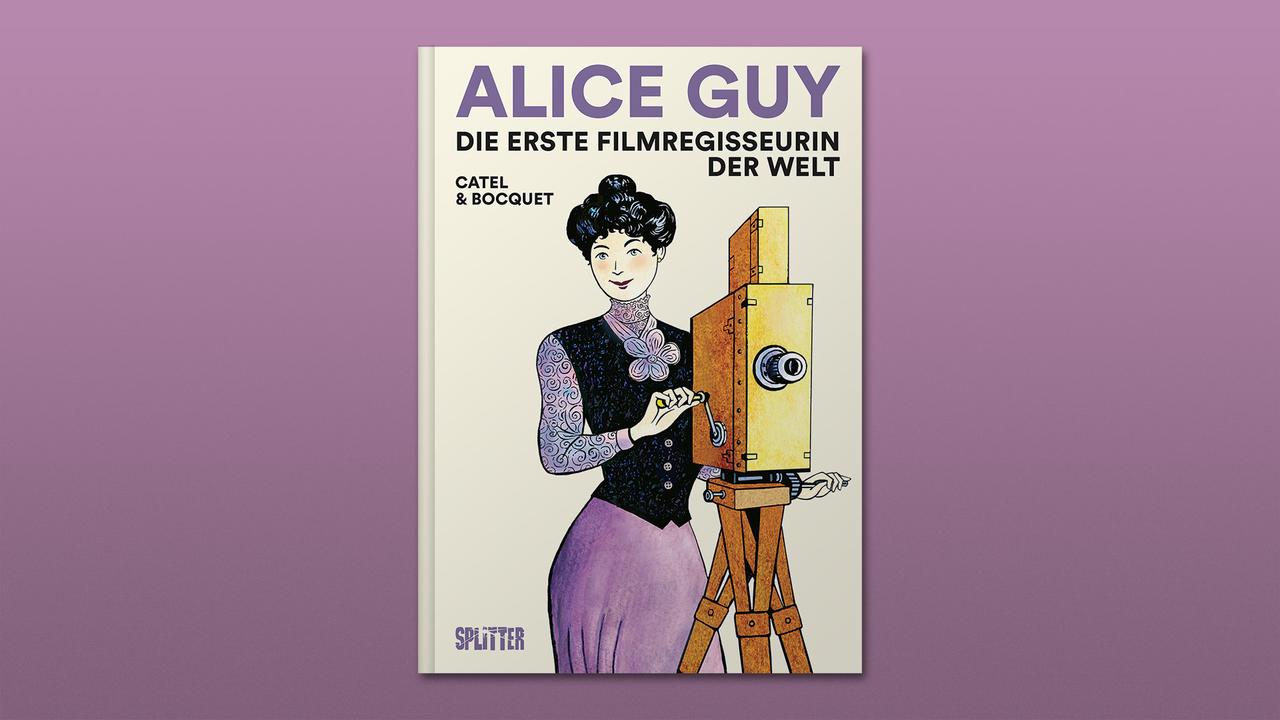Jóhann Jóhannsson – A User’s ManualChapter 16 – Sicario (2015) – English
20.7.2023 • Sounds – Conversation: Kristoffer Cornils, Thaddeus Herrmann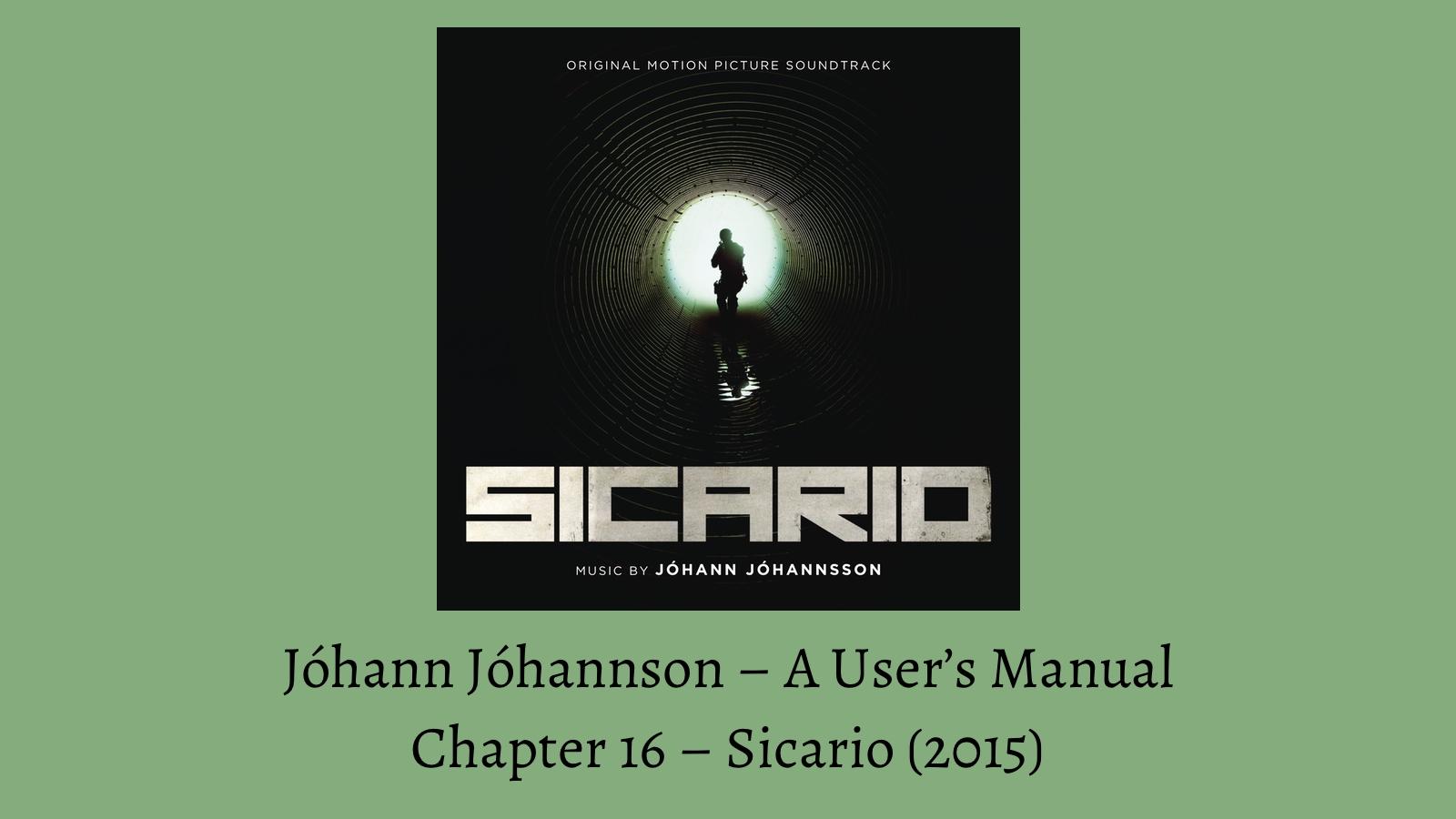
Jóhann Jóhannsson has released well over 20 albums over the course of his career. Who knows how much material that could be released posthumously is still gathering dust at this point in time. Kristoffer Cornils and Thaddeus Herrmann regularly review the composer's work—chronologically, album by album. In the 16th episode, they discuss "Sicario" from 2015, the soundtrack for Denis Villeneuve's eponymous movie. It was Jóhannsson's second score for the director after "Prisoners".
Deutsche Version? Hier klicken/tippen.
"Sicario" marked a watershed moment both in Jóhannsson's and Villeneuve's work. Their respective fates are as connected to the other as sound and image bleed into each other over the movie’s two hour-long running time. But first, the hard facts: The film was first released in the US in September 2015, with a worldwide release following a few weeks later. It had previously caused a stir at Cannes in May and yet was sent home palm-less. There was a consolation prize, however — two to be precise: a few Oscar and BAFTA nominations followed, in both cases explicitly for Jóhannsson's music. Criticism, however, came from Juárez, in which "Sicario" is partly set: The Mexican border town’s mayor called for a boycott of the movie because its portrayal of the city did not (any longer) correspond to reality, he claimed. "Sicario" is not about a concrete place anyway, but about the international war on drugs, which at its core is one for the dominance of the permanent crisis; a power play that illegally transcends all borders. Kate Macer (Emily Blunt) finds herself in the trenches, and although her actual job is ending hostage situations, she soon figures out that she hasn't come to Mexico to save anyone. Only gradually does she realise what oddball Matt Graver (Josh Brolin) and the taciturn Alejandro (Benicio del Toro) are up to. And, more importantly, who they are working for.
Kristoffer: I wanted to prepare for this conversation by listening to the soundtrack of "Sicario". Of course, that didn't make sense at all. One simply cannot listen to the music without watching the movie. And the film, in turn, doesn't work without the music. As a movie, it does a few things that I have problems with. There is the cliché of the respectable, idealistic protagonist over whose shoulder we look into the abyss and an age-old revenge narrative. There’s hardened cops with dubious morals and loose-fitting guns and naturally, everybody is smoking all the time. The stereotypes even extend into the aesthetic presentation, a somewhat toned-down version of the so-called Mexican Filter is applied and, with the exception of one person, all Mexicans in this film are either illegal immigrants, corrupt or dead on the floor after a minute or two. None of them really talk much, the gringos only marginally more. The film reflects a little on the roots of the unbridled violence and terror that it so delightfully indulges in on the visual level. But this seems to happen more out of a sense of duty than it being the core theme of the movie. Basically, it's a heist flick told through the eyes of an unsuspecting person. Instead of wads of cash many, many lifeless bodies end up lying on the floor once the credits roll. "Sicario" seems to have very little to tell and is apparently not interested in negotiating much. Nevertheless, it is one of the best films I have ever seen. This is thanks to the extraordinary acting as well as the script, the direction and the cinematography. And, of course, the score. It feels like it's sewn into the images, breathing along the rhythm of the cuts. I can't separate film and score—I deliberately don't call it music—at all. I can't really listen to it separately from the film, that just doesn’t make sense to me. How do you feel about it?
Thaddi: First of all, let me confess my sins: I still haven't seen it. That's why the music—sorry, the score—remains very abstract for me. I'm happy that you switched on the subwoofer, so for the first time the low frequencies really grab me. But to feel this "rumble" without seeing the images makes it difficult for me. I have surprisingly little to say about what I hear, about most of it, anyway. It remains somewhat abstract, more abstract than many of Jóhannsson's other albums. I can appreciate the complexity, the cleverness, the artistic gesture. Yet it just doesn't stick with me the way I would like it to. Perhaps this is another indicator of my general problem with soundtracks. I always want to connect with them even without having seen the film. That is my idiosyncratic approach, though I know that it is not necessarily appropriate. But with "Sicario" that doesn’t work. So let me stick to the obvious, the more gentle themes like "Melancholia"—regardless of what happens to that motif in the film, that's what triggers me. The rest? Overwhelming frequencies. That's interesting in itself. Because Jóhannsson's musical language is actually right up my street. The dark, the rough, the—yes!—sometimes industrial sound. But it doesn't quite click with me.
"The drums are rolling as if down a slope, the brass announce the coming escalation—bang, another body hits the floor and once more I feel my jaw dropping. Next!"
Kristoffer: Okay, now it's getting interestingly... confrontational. Or maybe not really confrontational at all. Allow me to be nitpicky for a bit: dark, rough, industrial—yes, those are apt descriptors, but also not. "Muffled" is one of the terms you might be looking for. None of the violence in the film is in any way blunt or primitive, the killing is always precise and pointed. It’s murder as a quasi-bureaucratic action, mechanical and cold. The silencer briefly spits out its deadly charge... and that was that. Next! The score accompanies and guides this, adding extra depth. The drums are rolling as if down a slope, the brass announce the coming escalation—bang, another body hits the floor and once more I feel my jaw dropping. Next! The muffled rumble, massive drones. Hit after hit. As with "I Am Here", there's one or two moments in which Jóhannsson breaks it up and suddenly lets a piece of, well, actual music rise from the rather functional sound. But that's a folkloristic overtone here, a few notes to accompany the end credits. The rest? The rest is storytelling, leading up to and away from the climax. So the score really is the film and the film is the score. I don't even know how else to tell you how important the images are for understanding this work! Let me be drastic here by also confessing something to you, my Catholic friend: I don't even have this thing on record, unlike — check Discogs — well over 20 other Jóhannsson albums. But I watch the movie roughly every two years. I totally understand how little it moves you, simply because it can’t. The music makes no sense without the images. And that's the most beautiful thing a score composer can achieve, am I right? Making himself superfluous. But all this makes me even more curious about how you perceive all this without the images. Why, for example, does "Melancholia" work for you—and "Soccer Game" or "Alejandro's Song", right at the end, do not? Generally speaking, you do hear the raw violence in all this too, don't you? That's something new in Jóhannsson's work, isn't it?
"The muffled and the confrontative bits are always wonderfully interconnected."
Thaddi: "Melancholia" is just a placeholder for the pieces from the score that don't make me immediately raise the white flag and surrender. "Muffled" is a very apt description. Not only do the really huge drum themes breathe inherent violence, but there's something military-mechanical about them hidden below the surface. Sure, they are designed, composed and arranged for maximum effect, and that's exactly the point at which I fail again and again, even if there are moments when I breathe out heavily and think: Okay now, this is actually quite cool. And to be honest, those two sides, the muffled and the confrontative bits are always wonderfully interconnected. "The Bank" is one such example, where underneath all the thunder, a kind of western theme emerges from deep within the mix, which gives the setting of the film a completely different and new twist. In general, though, I interpret this as a symbolic amplifier of the perfidious, perfected machinery that is turned on in crises and wars in order to act or react. My first reaction to this is that I don't want to deal with it at all. Because a) I know how it ends and b) I can't handle this technology-driven martiality.
Now "Sicario" is not a war movie in the conventional sense. The longer I think about it, I interpret my categorisation of the music as "industrial" politically rather than musically—as a symbol for the military-industrial complex. Having said that, I have now also lost my last chance of ever being able to publish a film review in the SZ, but so be it.
Kristoffer: Knock on the door of the FAZ instead, I’m sure you could pique Dietmar Dath’s interest with this take!
Thaddi: Ha! Impossible for political reasons alone. Sorry, Dietmar. I was just thinking of "Fordlandia", Jóhannsson's examination of Henry Ford and his megalomanic plans in South America. Among other things, it is thanks to Ford that the reality to which I am so opposed actually came into being. But back to the score. It requires images, as you quite rightly say, and vice versa. With "Sicario", this interdependence could have been solved differently, though. More abstractly, in a way, to make the interaction of both levels more surprising. More unpredictable. But: It is what it is. It's been broadcast and pressed onto vinyl. I almost feel like saying that I can make my peace with the music. But that would really be an unbearable faux-pas.
Kristoffer: Even your interpretation, or rather your associations, however, can hardly avoid references to the film, or at least its plot. In the last few episodes of our series, we have largely looked at Jóhannsson's soundtrack works from a work-immanent or comparative perspective between the two media. But there are also quite a few interviews with him about "Sicario" that we can reference here, too. Among other things, he said that he was on the set during the filming and that Villeneuve later sent him a rough cut as a template, but did not give him any real instructions. It was back and forth instead. "I like that form of expression, music that overwhelms you and maybe leaves you wondering," he told you about the film one day. And perhaps that is the best metaphor for "Sicario" as a whole: it’s a dialogue of image and sound. Frenzied, vicious, biting and menacing. Many questions, the answers hidden still in the mind of the Other.
Thaddi: And I will finally watch this dialogue this summer—and then maybe, or hopefully, add an edit or two to our conversation. Text remixes are at least as important as 12"s.
